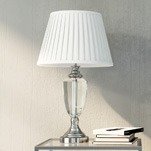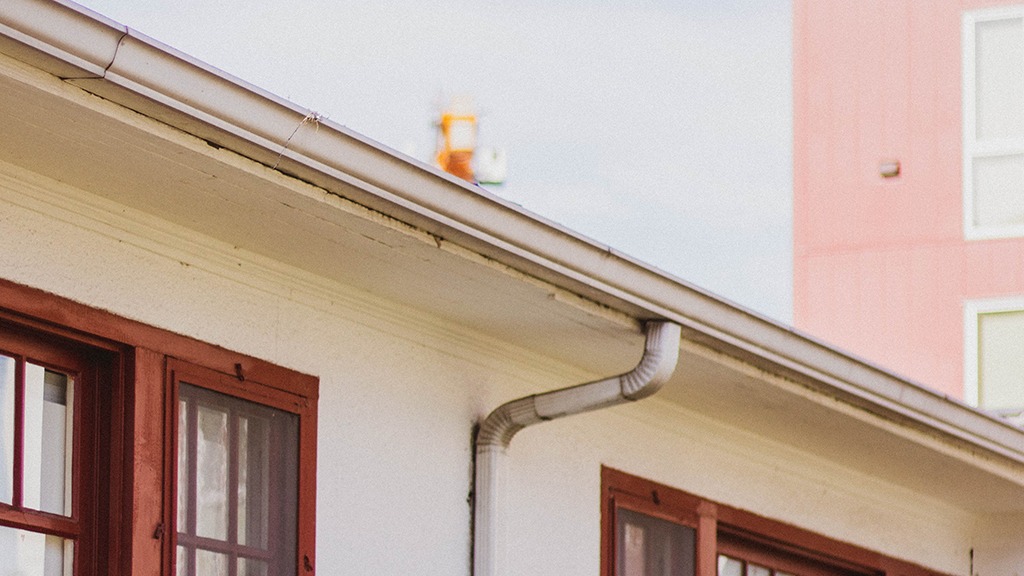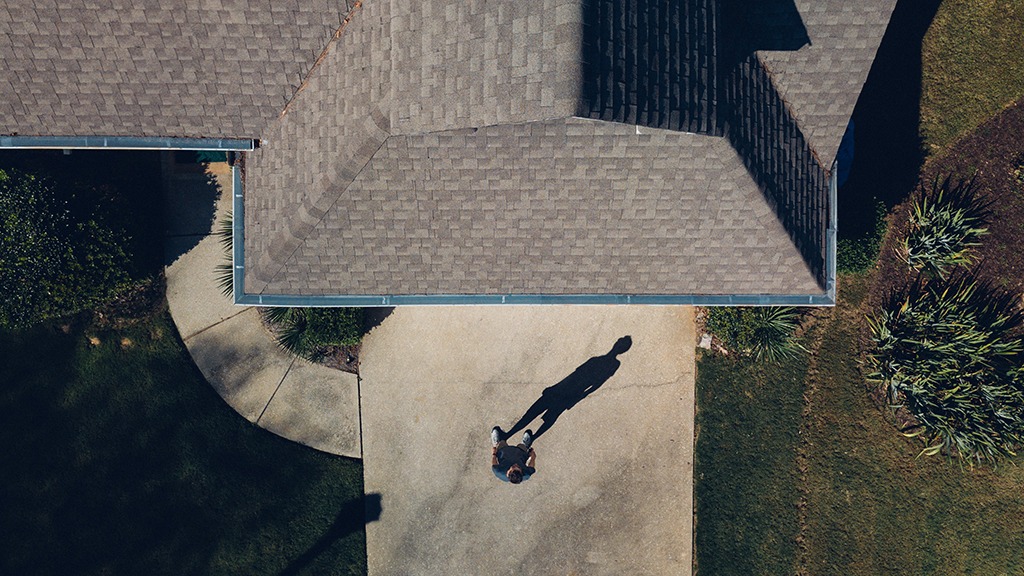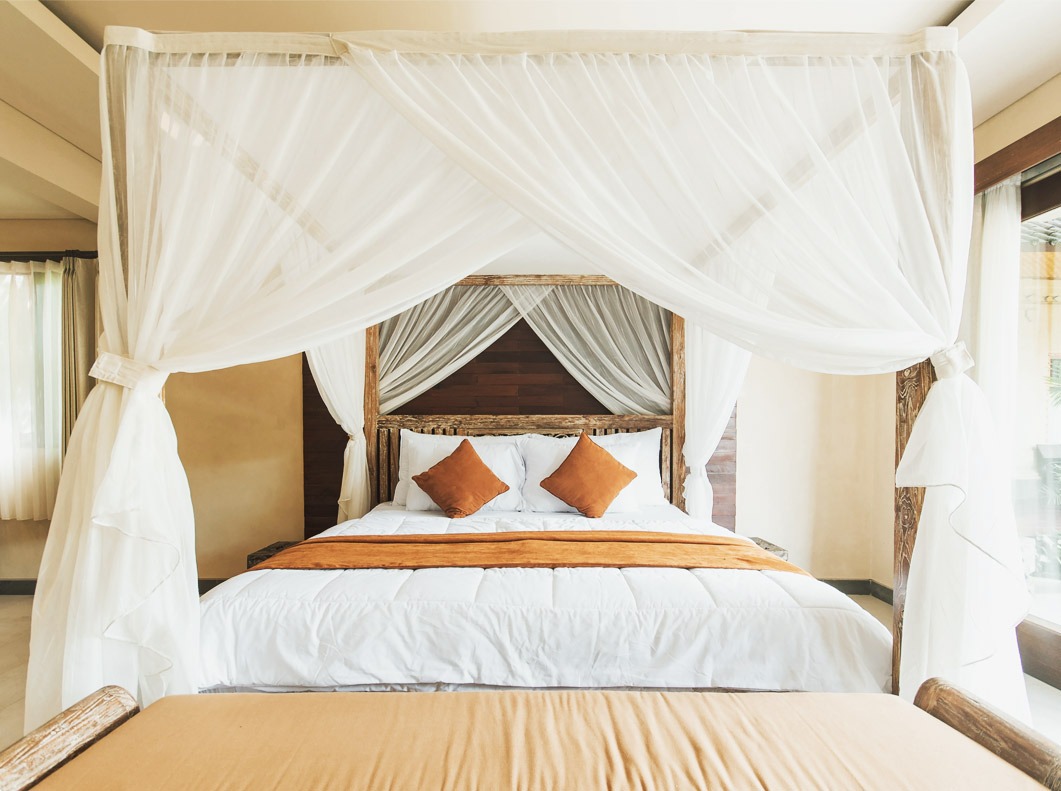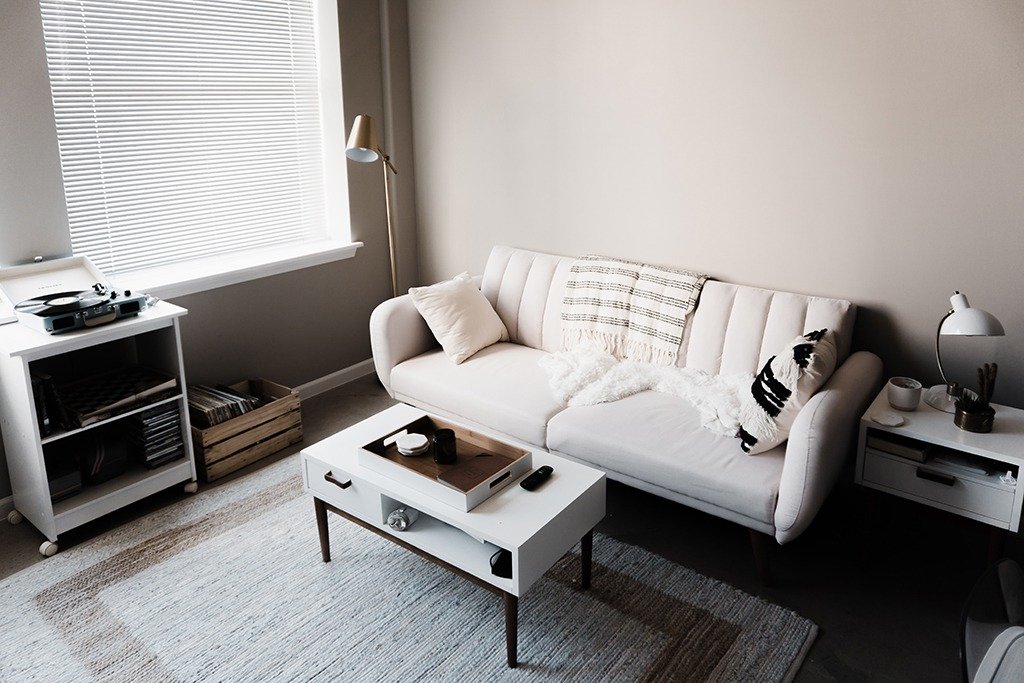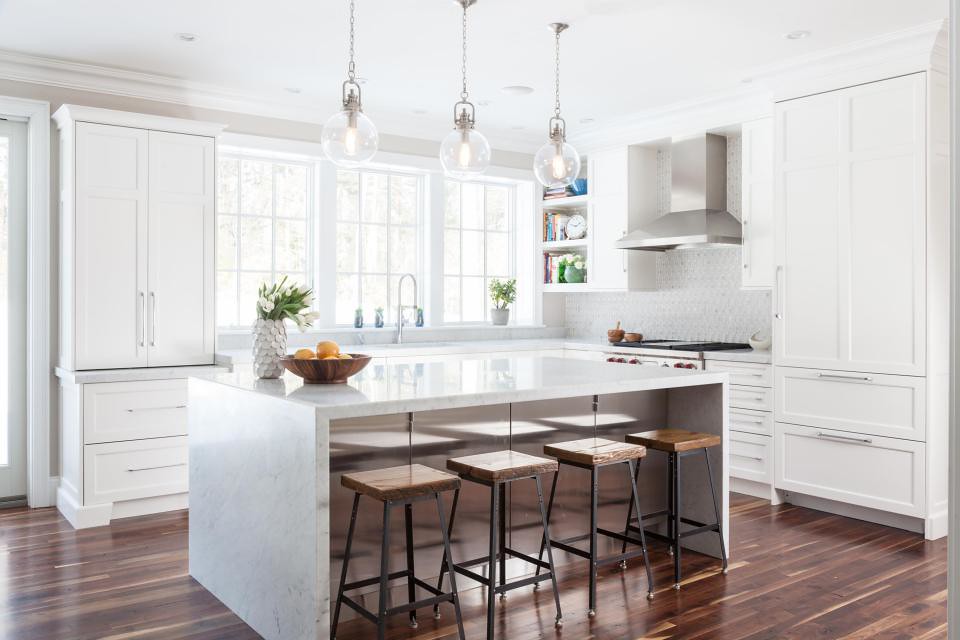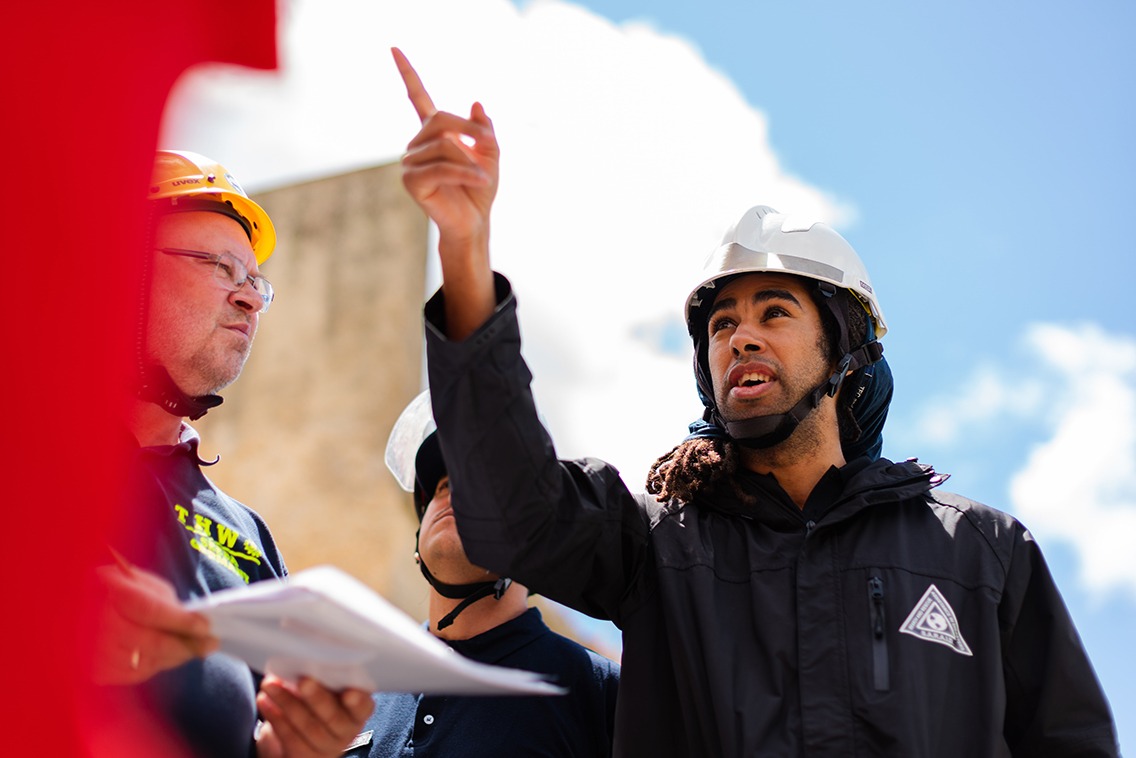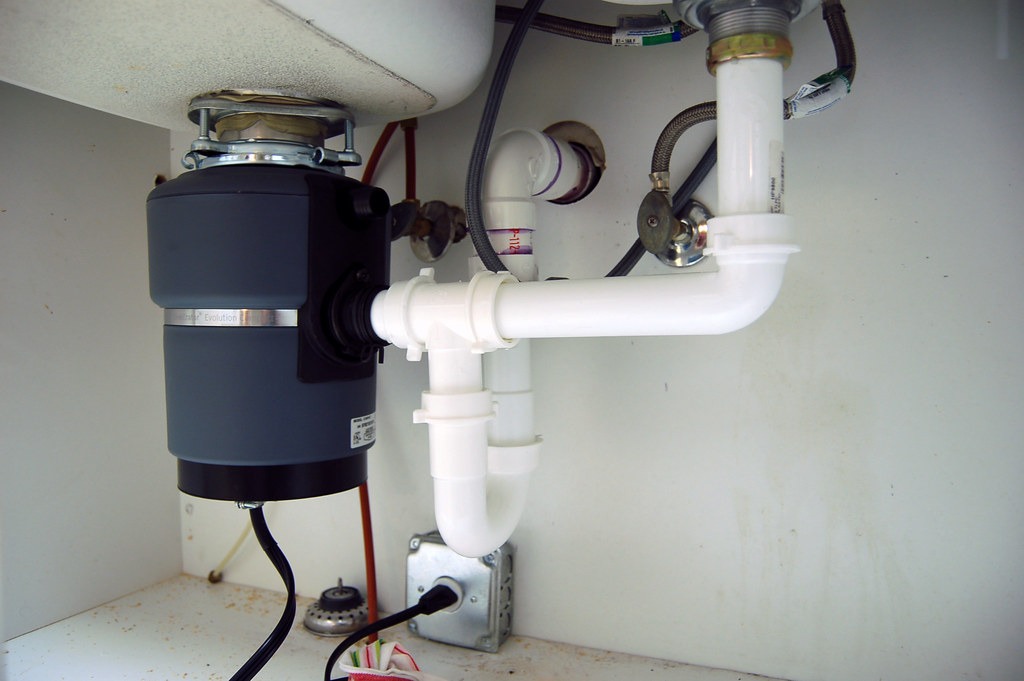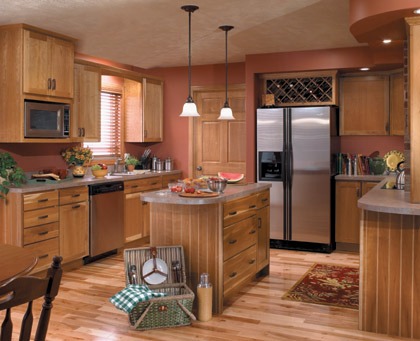
Photo by V. J. Matthew on Adobe Stock
Heat pumps are not a new technology, but a technology that can save any homeowner money. So, imagine this, it a hot day, and you have to blast the air conditioning all day to keep you and your home cool. Later on that week it starts to rain, and its cold. You get home, and you want to warm up, but you live in a place where you don’t have a heater. Now, you’re freezing at home, trying to find any way to get warm. You are running a warm shower, making a hot beverage, and wrapping yourself in blankets, trying your hardest not to catch a cold or pneumonia.
For a lot of people, that’s not a story, but a reality of life. Apartments and homes in some regions of the country don’t have gas lines or propane connected to their homes and have to find other ways to warm themselves. From heated blankets, space heaters, and layering up, it leads to dangerous and ineffective means of heating a room. This problem is where the heat pump comes in and gives you a two-in-one machine that not only warms-up a home but can cool it on the hottest day.
What Is A Heat Pump?
A heat pump is an alternative option for homes where natural gas or propane is not accessible, like major metropolitan areas or homes in remote locations. This system, powered by electricity, and uses refrigerant coolant to transfer heat from one place to another. The places being the inside of your home and the outside.
The operation of the system works by cycling the refrigerant through copper tubing and have it collect and disburse heat into another space. This action is similar to how a refrigerator and air conditioner unit operate as well. The only significant difference between the machines is that the heat pump can also work in reverse and bring heat into a room.
How does a heat pump work?
The concept is similar to how a conveyer belt works at moving things from one end to another. Lines of copper are connected through the unit inside the home and the unit outside, pushing refrigerant coolant through the entire system.
As it moves, it will disperse heat in one area and take heat from another continuing this process until turned off.
The Benefits of Having a Heat Pump.
With no need for gas or propane, the risk of gas or carbon monoxide leaks is eliminated and will take up less space as it only one piece of equipment. Then since the primary power source for this system is electricity, it is better for the environment. Then thanks to its energy efficiency, it requires less electricity to run either as a cooling system or heating system.

Photo by iChzigo on Shutterstock
Adjust the temperature with either a remote or mobile thermostat that comes with most models. Secure the device along the wall of the room and never worry about misplacing this remote.
How much does it cost to install a heat pump?
Now, the cost of a heat pump installation has a cost average of $6,000 but can vary from contractor and state.
This price will cover a variety of tasks and items but changes on a variety of factors. For instance, the time of year plays a significant role in the installation of this system. Many homeowners choose to have the new system installed three months before winter hits. They are therefore raising the price for supply and demand of heat pump system.
But for a better breakdown of what to expect for pricing and estimates the total cost can breakdown in these categories:
Heat Pump
Labor
Job Supplies
Equipment Allowance
Heat Pump
The heat pump cost itself will total to half, or close to half, of the entire bill. When it comes to selecting a heat pump brands are a personal choice of the buyer. What does matter is the type of heat pump you choose for your home.
Heat pump units come in as either a geothermal (ground-to-air) heat pump or air-source (air-to-air) heat pump. The choice will directly impact your price as the geothermal will require more work in install. That is due to the fact the geothermal heat pump must be installed underground.
The cost to put this type into place is a huge investment to put upfront, but as time goes on, it pays for itself. With little to no exposure to outside elements, this system requires less maintenance. Versatile as well as it can also operate on water and in-ground heat pipes as other means to draw in heat.
On the option, the air-source heat pump option is less expensive, to begin with, and are attached to the exterior of building above ground. This installation method allows for better flow of air intake to transfer heat through compression — best for homes in mild to cold temperatures year-round. Another contribution to its lower cost is that this installation is ductless, requiring less work for the HVAC contractor.
Labor
After the pump itself, labor will be the next most substantial chunk in your cost to install a heat pump in your home. Labor prices will vary as your choice of heat pump may require ductwork or not, quickly adding another $3000 or more.
Labor will include planning, acquiring the proper equipment and material, preparation of the site, protection of work, installing the unit on recommended platform or space, and connection of any electrical and condenser connection lines.
For a better breakdown for your particular project, ask your contractor of any expected expenditures during your estimate. When it comes to getting the most out of your installation cost, it’s better to be safe than sorry.
Job Supplies
This situation may, or may not, be included on in your bill under labor, but this cost will cover all the fees for fittings, mounting hardware not included, and fasteners. A minor charge, if any, that will cost less than $100 on average.
Equipment Allowance
For most HVAC professionals, they will have most of their tool in their truck, van, or shop waiting for the job. On the rare occasion that the person you hired does not have the proper equipment, you may expect to cover any rental charges. This price would depend on the equipment itself and can vary on what they do not have.
Once the prices are all settled, you have all the information needed to install a new heat pump system to your home.
Do You Need This System?
Though a cheap utility, for one reason or another, gas and propane are just not accessible for part of the country. For some, it’s too far to create a line to there home and other metropolis areas it’s too dangerous to have a gas line like that in the city.
Another major factor is the area you reside and how cold it can get during the winter. The heat pump system is an excellent replacement for air conditioning units, heaters, and boilers, in small homes. A significant flaw though in the design is that after below freezing a heat pump becomes less effective at transferring heat. That’s why for an area where it can get down to -20 or lower, having a fireplace is more efficient.
An ideal location to have a heat pump would be areas with tempered climates like tropical or sub-tropical areas and states in the south. Places where winters can go low as 45 degrees would get the most out of this system during the summer and winter.
For homes looking for an alternative option, or exterior building where ducting and pipes cannot be connected for heating and cooling, a heat pump is the best option. Getting one installed is a big cost in the beginning, but as time goes on the money saved will show quickly. The innovative, the economic, and the green enthusiast would all find this a wonderful addition to their home.






